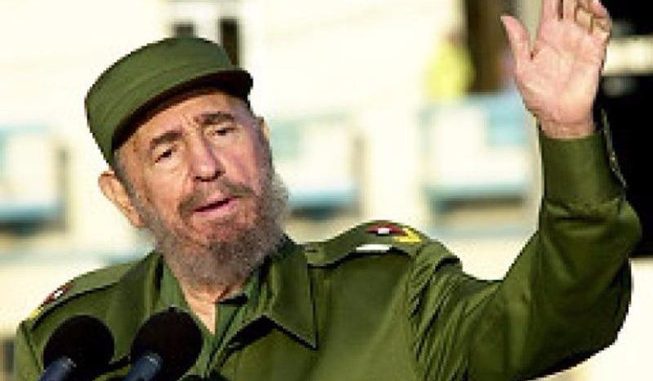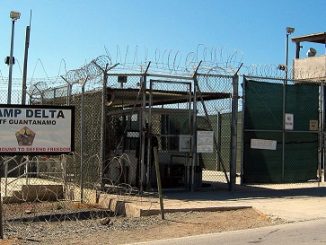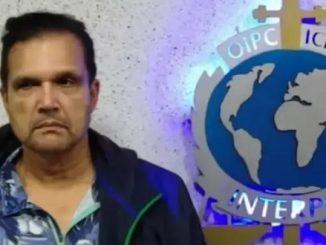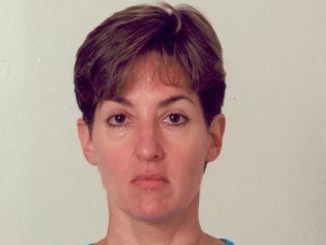
Former Cuban president Fidel Castro has died at the age of 90 after a long battle with illness.
The revolutionary leader’s death at 10.29pm on Friday was announced on state television by his brother and current Cuban President, Raul Castro.
He said: “Dear people of Cuba, with deep sadness I inform our people, the friends of our America and the world, that today… the commander in chief of the Cuban Revolution, Fidel Castro Ruz, has died.
Raul Castro, 85, added that his brother would be cremated on Saturday before a period of national mourning.
He concluded: “Until the everlasting victory, always.”
A defining figure of the 20th century, Fidel Castro took power following a revolution in 1959, to become at 32, the youngest leader in Latin America, and fended off a US-backed invasion at the Bay of Pigs two years later.
His alliance with Moscow helped trigger the Cuban Missile Crisis in 1962, a 13-day showdown with the United States that brought the world close to a nuclear war.
Castro ruled Cuba for 49 years, before standing down from office in February 2008 after a long illness.
His own physician, a specialist in longevity, had suggested four years earlier the leader could live to 140. “I am not exaggerating,” Dr Eugenio Selman said.
So the nation was stunned when its ageing, yet ironclad leader, handed over power temporarily to his brother in 2006, after an acute infection in his colon forced him to undergo emergency surgery.
Havana resident Mariela Alonso, a 45-year-old doctor, said: “There will be no one else like him. We will feel his physical absence.” Mechanic Celestino Acosta described the news as “a painful blow for everyone”.
In Old Havana, the city centre of the Cuban capital, people gathered around their radios, listening to state-run stations playing revolutionary anthems and reciting facts about Castro’s life.
In Miami, Florida, jubilant Cuban exiles and their descendants rejoiced on the streets.
Cuban intelligence services claim Castro faced 634 assassination plots between 1958 and 2000, with some reportedly involving poisoned or explosive cigars.
“I don’t think Fidel’s passing is the big test. The big test is handing the revolution over to the next generation and that will happen when Raul steps down,” Cuba expert Phil Peters of the Lexington Institute in Virginia said before Castro’s death.
In 2014, under Raul Castro, Cuba and the US agreed to re-establish diplomatic relations and open economic and travel ties to end decades of hostility.
Fidel Castro’s year-long silence thereafter raised questions about whether he agreed with his brother’s decision.
In August, Castro, who defied the power of 11 US presidents, attended a celebration for his 90th birthday and marked the occasion by hitting out at Barack Obama.
After Queen Elizabeth II and the King of Thailand, the Cuban leader – who reportedly married twice and fathered nine children, was the world’s third longest-serving head of state.
Indian Prime Minister Narendra Modi was the first world leader to react to the news. “Fidel Castro was one of the most iconic personalities of the 20th century,” he said.
“India mourns the loss of a great friend. I extend my deepest condolences to the Government and people of Cuba on the sad demise of Fidel Castro. May his soul rest in peace.”
Mexican President Enrique Pena Nieto described Castro as “a friend of Mexico, promoter of a bilateral relationship based on respect, dialogue and solidarity”, while Salvador Sanchez Ceren, President of El Salvador, tweeted that it was “with deep sorrow” he learned the news of the death of “my dear friend and eternal companion”.
Source: ![]() SkyNews.Com
SkyNews.Com






Be the first to comment